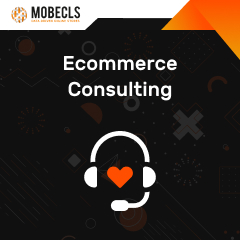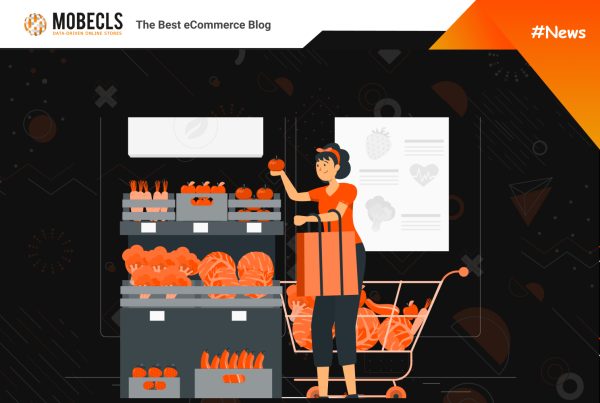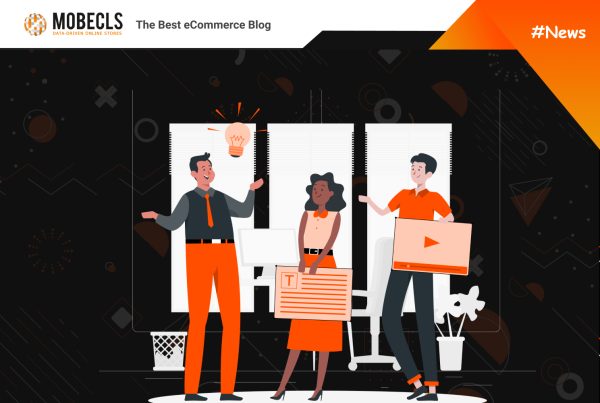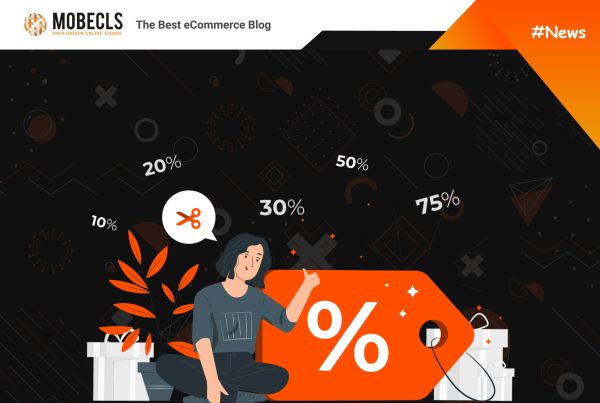It’s no accident that Influencer Marketing is a frequenter of every “Content Marketing Trends 2024” article. Within the last 2 years, this marketing technique reached the summit of metasearch. It surpassed content, social media and email marketing. Are we witnessing a new marketing ruler coming to the throne or it’s just a passing fad? Let’s investigate it.
What is Influencer Marketing?
Influencer marketing is not a new marketing technique as its roots go back to the early 20th century. In a few words, it’s a promotion of goods and services through opinion leaders, a.k.a. influencers. Who are these influencers? Anyone! Seriously, starting from Kim Kardashian and Kanye West to a random guy from Reddit. If u/CatLover3000 is trusted by the whole Cat Lovers community on any forum, this person is an influencer.
An influencer can be not only a person. A group of people, Facebook community, a brand or magazine which is trusted by people can act as an influencer. There are no doubts that bloggers are the most popular opinion leaders among marketers. It’s much easier and cheaper to connect with a blogger than a media celebrity.
The best card of influencer marketing is its “face”. It doesn’t look like an ad. People are prone to trust their social media favorites rather than TV advertisements or YouTube ad banners.
Aren’t you tired from casual ads? We absolutely don’t care who is advertising a new shampoo, Bruce Willis or someone else. We’ve reached a critical level of media noise. We are fed up with celebs ads. As a result, when we see Terry Crews or Lionel Messi advertising something, we think “Ok, they were paid millions of dollars but it’s just an ad”.
According to HubSpot research, 71 % of consumers are more likely to make a purchase on the recommendation of a thought leader on social media and 70 % of millennials trust medium popular bloggers.
That’s why influencer marketing is a more delicate way to send the same message “I’m popular, I choose brand X, buy it”. The sense is the same but the form is absolutely different. It changes the perception of the advertising message.
How Influencer Marketing Works?
According to Influencer Marketing Benchmarks Report 2019, the most popular ways to work with influencers are:
- Sponsored social media content
- Content created by opinion leaders
- Sponsored blog posts and guest blogging
To sort out how it works, let’s take a look at some examples.
Sponsored Social Media Content
Sponsored social media content is a good way to stand out your content from social media noise. Influencers have an already established audience, so the only thing you need is to stimulate your opinion leader to cooperate and provide he/she with your recommendations around the content you expect to see. Then, a conditional blogger just creates and posts promotional content. This content will reach the target audience and won’t get lost in tons of other content.
It’s some kind of storytelling or friend’s suggestion. It doesn’t sound aggressive and obsessive like simple ads. That’s why it works.
Influencers’ Content
Content created by opinion leaders is extremely popular on YouTube. Numerous beauty and techno bloggers review cosmetics, gadgets and other stuff. They advertise goods, their pros and cons, give pieces of advice on how to use them. Being influencers in a certain niche opens great opportunities for them to cooperate with big and medium brands. And it really works as we know that 70% of people make their purchasing decisions on the recommendations of the opinion leaders. Moreover, video content is one of the best ways to show a product in action.
To be honest I find this type of content a little bit aggressive in terms of promotion. Thank God creative marketers and bloggers exist, so we can observe really stunning promotional videos like this:
A cool collaboration of Subaru and David Graham (5 million YouTube subscribers). It’s a showcase of Subaru Impreza, but the emphasis wasn’t made on the car itself but on emotions. This is a commercial I wouldn’t skip on TV.
Blogging
Blog posts are still one of the most trusted sources of information on the Net as 47 % of online readers consult blogs for finding new ideas and trends.
There are two types of sponsored blogs:
- Dedicated to your own brand where you talk about your products and services.
- Ask sponsored blogger to mention your products and services in similar posts dedicated to your industry.
In both cases, influencer will mention your company what will boost your conversion rate and your brand awareness.
Guest blogging works almost in the same way. You find an opinion leader, invite a guest blogger to post a text on your blog or to post your text on a guest blog related to your industry. Guest bloggers always share content on their social media, so you’ll get your engagement in any case.
Does Influencer Marketing Work?
We sorted out what is influencer marketing and how it can be implemented, but does it work? Let’s look at the statistic.
65% of brands use influencer marketing.
52% of brands have an influencer marketing budget.
25% of brands spend more than 500.000$ on influencer marketing annually.
Earned media value per 1 $ spent on influencer marketing by industries:
67% of consumers had no negative reaction to sponsored content.
82% likely to follow the recommendation of an influencer.
Moreover, influencer marketing brings some specific bonuses:
- 88% of influencers tell their friends about brands they were collaborating;
- 72% of influencers create branded content even after finishing a marketing campaign. They do it for free;
- 77% of influencers state they likely to buy sponsor’s products.
It seems that these figures look encouragingly, but is everything so good? No pitfalls? Sounds unbelievable, doesn’t it?
Influencer Marketing Pitfalls
I feel it’s my duty to point out the cons of influencer marketing because you might think that it can be implemented by everyone. Of course, there are some drawbacks you should know about.
You will face tracking difficulties during your marketing campaign. Influencer marketing differs from content and social media marketing because you can’t track the results directly. One of the only ways to manage it is to create unique hashtags for every influencer your work with and track their performance.
Influencer marketing is time-consuming. You have to do research, find an influencer, prepare cooperation terms, develop and approve a content plan. Moreover, while you will gather all the necessary information, your competitors can outrun you and there will be no sense in starting the campaign. You’ll just throw away your time and money. If you haven’t got enough time to develop a full step business strategy and implement it, don’t even think about influencer marketing.
You need additional employees to work with your influencers, some kind of influencer relation specialist. Of course, you can just pile it on your marketing specialists but won’t it affect their regular responsibilities?
Wrapping Out
Traditional marketing has outlived its utility: we’re tired of traditional ads, we don’t watch TV commercials, use AdBlock and fast-forward through commercials on social media. It seems that we’ve got immunity to any kind of commercials.
That’s why influencer marketing exploded within the last years. It helps to build a trusting relationship with the target audience and attract new. It gives consumers the opportunity to get acquainted with your brand by themselves and pushes them to make a purchase in a friendly way.
As with everything, there are pros and cons to influencer marketing. You can use the advantages to your benefit and counteract the disadvantages but you need to be aware of both.
 If you want to be ahead of your competitors and make sales, you need a solid online business strategy, which is vital for both eCommerce newcomers and already established businesses. If you have doubts about your eCommerce strategy or need techical assistance, we’re here to help you.
If you want to be ahead of your competitors and make sales, you need a solid online business strategy, which is vital for both eCommerce newcomers and already established businesses. If you have doubts about your eCommerce strategy or need techical assistance, we’re here to help you.




